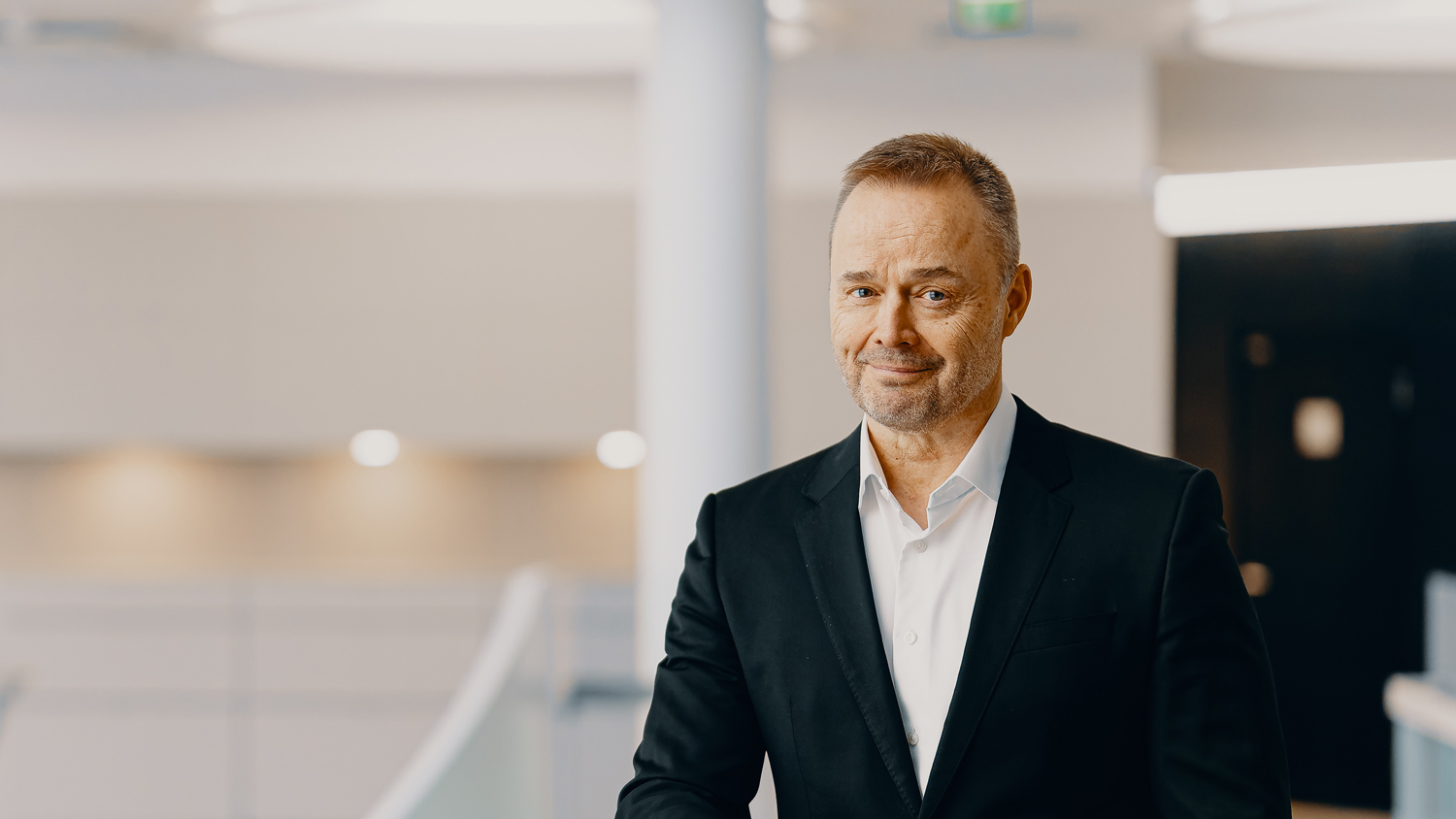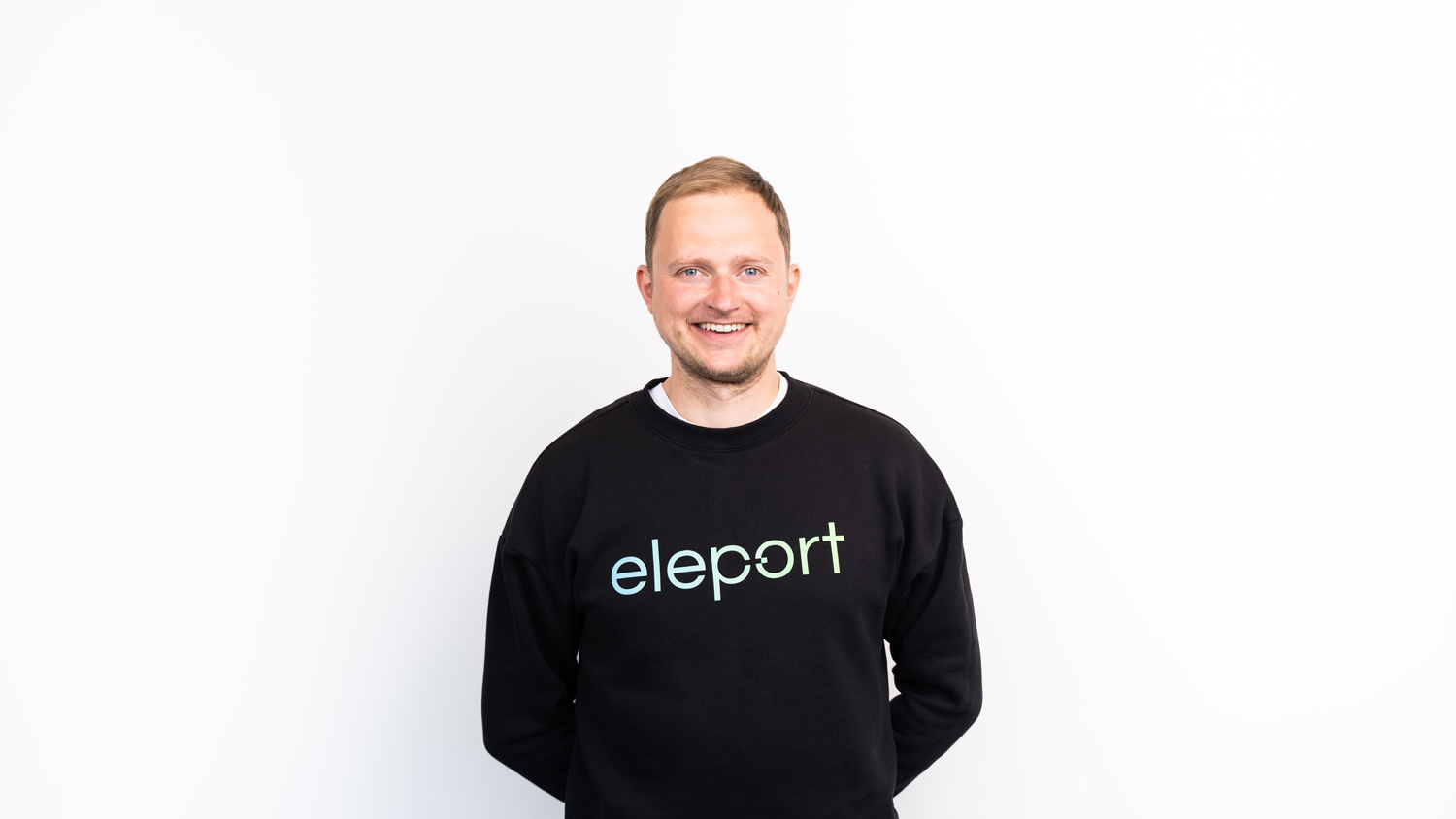Dr. Birgit Vallmüür is the creator of an impactful corporate legacy approach to sustainable and responsible leadership, and speaker on sustainability leadership, corporate purpose and corporate legacy. She is the founder of the sustainability leadership consulting firm, TitanSwan, and presently focuses her efforts on businesses, particularly multinationals, to help lead change.
What does it mean to be a sustainable and responsible leader in today’s business world?
In my view, sustainable and responsible leaders in today’s business environment look for ways to maximise positive impact and minimise negative externalities alongside pursuing financial goals.
Also, one has to add that part of responsible leadership is making pledges with the intention of having reliable transition plans to deliver on these. Certainly, miscalculations can happen and very ambitious pledges can result in struggles to deliver and adjustments may have to be made, but the intention of delivery is part of the responsibility when making pledges.
Sustainability promises to shareholders and stakeholders should not be seen as any different than financial goals.
Also, the word ‘leader’ is of key importance here. Leading means being a front-runner. Very often in heart-to-heart conversations with executives it is apparent, and it is, also, an unspoken common knowledge, that a lot of sustainability initiatives are being stalled, because no-one wants to end up with the first mover disadvantage. So, it can easily happen that everyone is waiting for someone else to take the first step. Hence, not many leaders are actual sustainable leaders. And the ones who are, may have to take substantial risks.
Your work emphasizes the concept of “corporate legacy.” Can you explain how this concept integrates with sustainable leadership and what impact it can have on businesses’ approach to sustainability?
“Corporate legacy” denotes the real time and cumulative historic impact that the business has in the world – both positive and negative. Managing the legacy of a business helps to speed up sustainability innovation because it focuses on real time positive impacts and negative externalities, not the future ones. Hence, adopting that philosophy and framework helps companies become sustainability leaders among their peers. I would stress that here we are talking about companies as entities who are sustainability leaders, not individual executives within these businesses.
Managing corporate legacies responsibly takes businesses beyond thinking about their reporting requirements and ESG ratings and focuses on embedding sustainability into their strategies. ESG scores will then only be snapshots of progress and indicators of the overall sustainability of these businesses – a by-product, not a goal of its own.
How do you approach the challenge of changing corporate mindsets towards sustainability, especially within multinational corporations?
My approach to changing corporate mindsets towards sustainability has so far acknowledged that multinational corporations consist of individual people and each of them has the potential to change these companies for the better. And seeking to reach them individually. To change a mindset, you need to provide an opportunity for people to question their current assumptions, beliefs, and understandings, and entertain an alternative perspective. Giving them insights that encourage that, is one option. Sharing new concepts with them, is another option. Especially ones that inspire, empower, and are personally meaningful to them. That’s why I have shown why multinationals are well placed to lead the sustainability transition compared to governments. And why I created the concepts of corporate legacy and executive legacy
It is also the reason why I have created the trainings on sustainability leadership, sustainability culture, and corporates leading sustainability transformation for the platform Sustainability Unlocked – to reach people individually whenever the topic speaks to them. It is, also, the reason why I give talks and workshops internationally. While it may sound counterintuitive to fly to a sustainability conference across Europe, I believe the positive impact that the audience can have in their roles, can be substantial, and outweigh the footprint by far.
As an educator, what are some of the key sustainability values and principles that you believe should be incorporated into business school curricula?
To me, the most important principle about sustainability in business school education is: do not educate sustainability values out of your students. It sounds like a very low bar, but, unfortunately, it is not. There has been evidence that business school graduates join programs while having a certain level of environmental concern, and by the time they have graduated, it has been decreased – their environmental values have been educated out of them. There has been similar evidence for social concern. In my view, business school programs should ensure that they do not educate sustainability values out of their students, but equip them, instead, with skills to build successful and profitable businesses that align with their values. And ideally, broaden their worldview and understanding in a way that the genuine concern they have for the world has increased during their studies and they are empowered to create the changes they desire to see in the world and profitably so.
You’ve worked with both corporations and governments worldwide. Can you share some unique challenges or opportunities you’ve encountered in these differing contexts, and how these experiences influence your approach to sustainability consulting?
A key realization has been that everyone is learning as they go and even the ones that we think are leading are actually finding their way and are doing so at the pace they are comfortable with. I have realised you can only help them achieve their goals at the pace they are willing to and only inspire them to move faster than they otherwise would or wait until regulation forces them to.
Another discovery has been that even in the industries we consider the biggest offenders, there are people passionately working to deliver meaningful change and sacrificing time with their families to do so and trying to create change much faster and further than they sometimes are expected to. It is encouraging to acknowledge that there are a lot of people out there working towards having a meaningful impact.
To me, it is an exercise of patience and humility – you can only serve and do your bit as one of many.
How do you measure the success of a company’s sustainability efforts and how do you ensure it’s not just greenwashing?
To me, successful sustainability efforts are demonstrable meaningful improvements. At the same time, demonstrable and meaningful is a bit of a double-edged sword when it comes to greenwashing. Greenwashing denotes presenting a business, or product or service as more sustainable than it actually is – so to prevent that, one would need to represent their sustainability achievements accurately. But there are situations where, in my opinion, the achievement that is being accurately represented and marketed is so minute, that while it draws attention to sustainability, the achievement itself is not that meaningful in the grand scheme of things.
For example, when I was looking for flights to get from London to Impact Day in Tallinn, the airline showed in their booking system with a green banner that they allocate 20 cents per ticket to the cost of sustainable aviation fuel. The statement is very specific, which is a good thing, but at the same time 0,20€ per ticket, which can easily be a couple of hundred euros, is a rather low number, leaving one to wonder whether it is meaningful enough to be presented with a green banner, or should it be kept as an indicator in sustainability reporting documents only.
There is a new concept alongside greenwashing – green hushing – which denotes deliberately choosing to hide green credentials from public view to evade scrutiny. I hold a bit of an unorthodox view here and am of opinion that sometimes greenhushing is not necessarily a bad thing. Doing the right thing behind the scenes without marketing it can be an ethical thing to do in early stages when the impact is not yet meaningful enough to market it. Greenhushing can, at times, prevent your consumers from raising an eyebrow when seeing your sustainability claims.
Could you elaborate on the role of businesses, particularly multinationals, in leading the sustainability transformation and why you think they are critical to this shift?
We often hear arguments that governments should lead the sustainability transition. At the same time, measured by 2017 revenue, 69 of the top 100 economic entities in the world were corporations.
And when we look at the top 200 entities, the difference between corporations and governments becomes even more dramatic: out of these 200, 157 were corporations.
Let us look at Estonia, for example. Estonia is a member state of the EU, a developed nation and an OECD country. But when you compare Estonian revenue to that of the top companies in the world, it is minute. Estonia ranks 288th according to the revenue data of corporations and governments from 2015 – with about 200 corporations way ahead of it.
Hence, companies can be far more powerful than many developed nations in Europe and that indicates that they could be in a great position to lead on sustainability initiatives.
Also, multinational corporations can easily have an impact across borders as their operations are global and their supply chains are often in developing countries, where many of the sustainable development goals are most critical to achieve – be it child slavery or poverty.
Last, but not least, innovation tends to come before regulation – again, giving companies a good opportunity to lead. That is why I strongly believe that multinationals are critical to this shift and it boils down to the voluntary ambition they choose.
Finally, what’s one action that any business can take immediately to improve its sustainability practices and start making a positive environmental impact?
Shift your focus from purpose to legacy. It really is as simple as that. Everything else will follow – you will immediately start to focus decreasing your negative impact rapidly and speed up your sustainability innovation.




